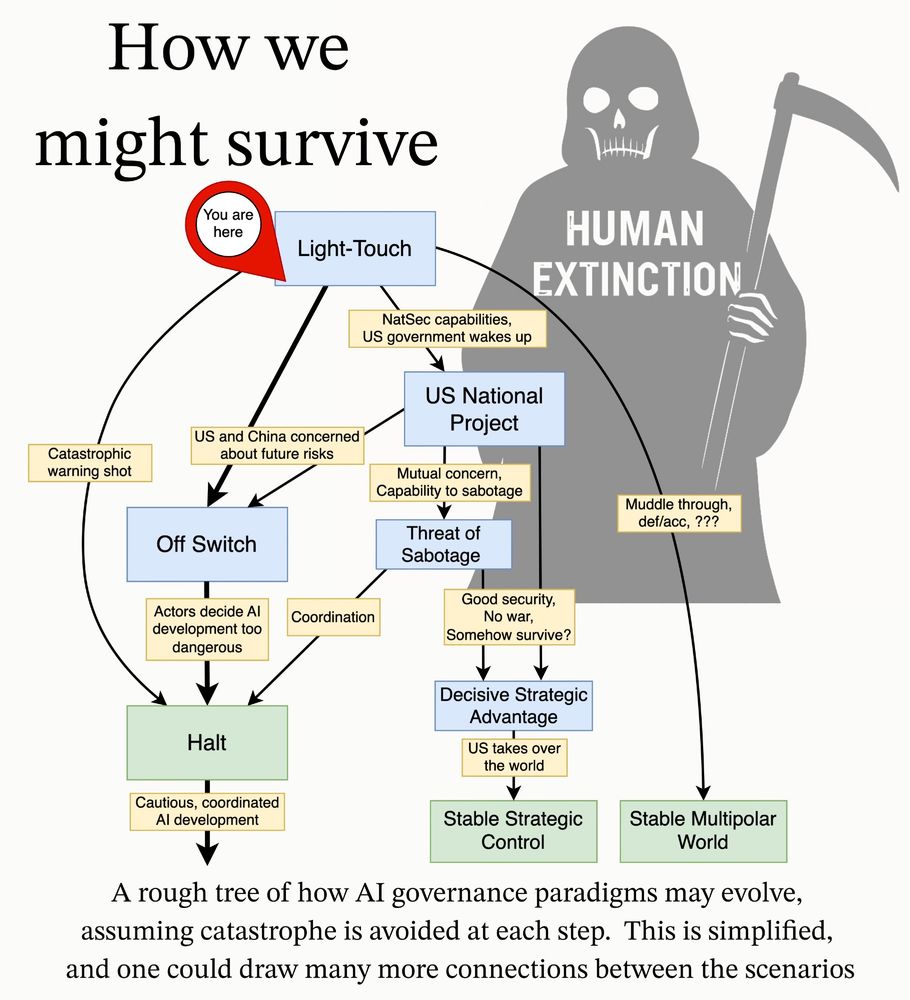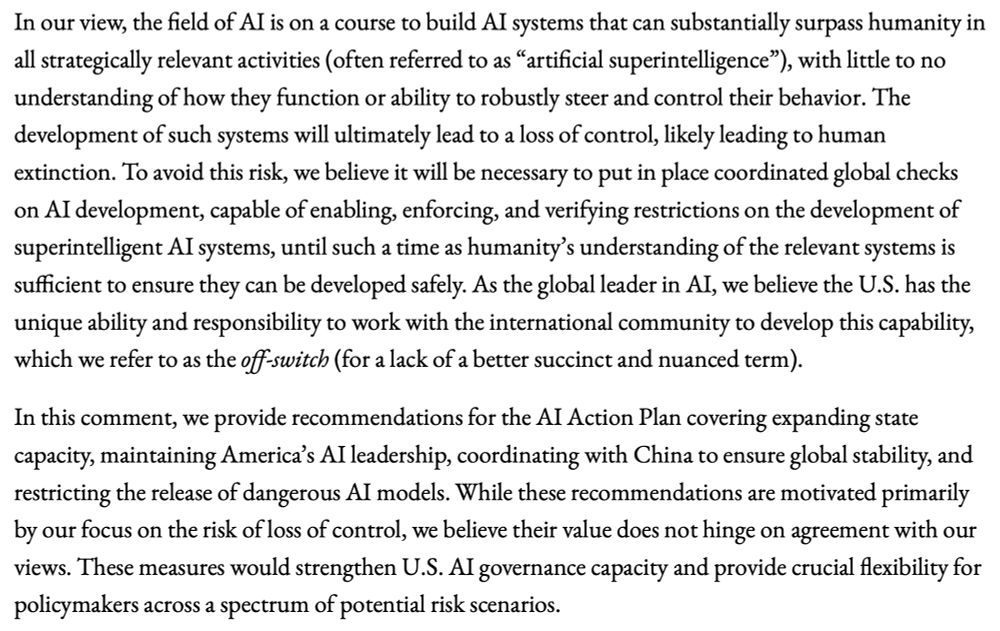Views are my own
techgov.intelligence.org/research/ai-...

techgov.intelligence.org/research/ai-...
Great work by David Abecassis, @pbarnett.bsky.social, and @aaronscher.bsky.social
Check it out here: techgov.intelligence.org/research/res...

Great work by David Abecassis, @pbarnett.bsky.social, and @aaronscher.bsky.social
Check it out here: techgov.intelligence.org/research/res...

